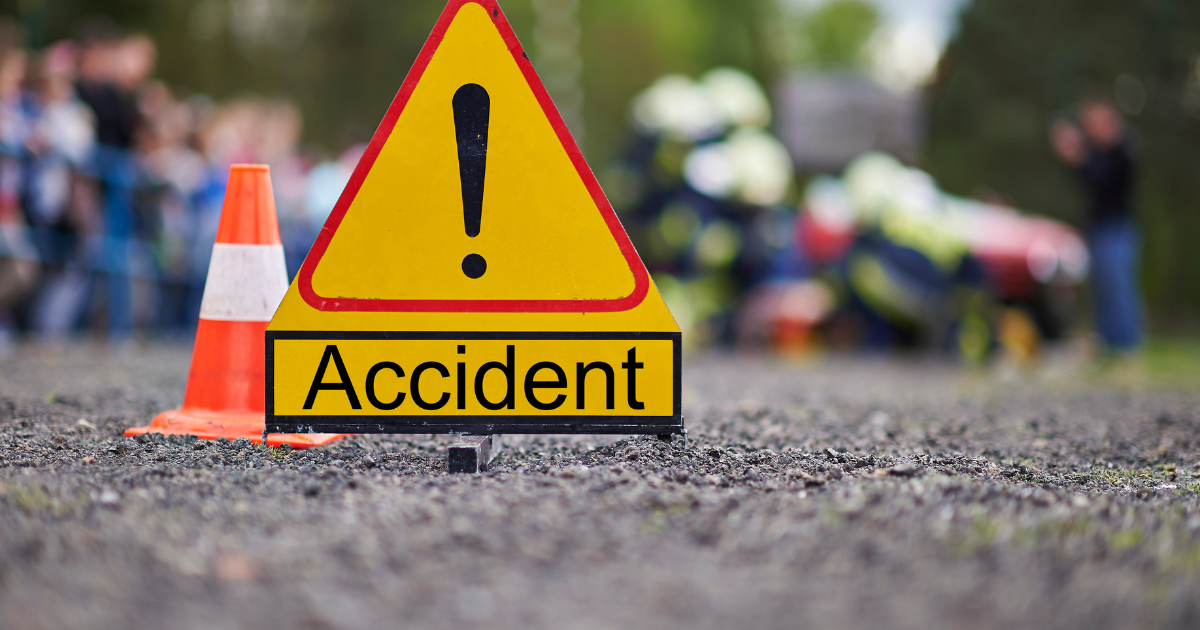When a crash or serious incident happens, minutes matter, and so do the rules. Different frameworks apply depending on the work your employee performs. Commercial motor vehicle drivers follow FMCSA requirements, aviation employees follow FAA rules, and non-DOT roles follow OSHA’s recordkeeping guidance for post-incident testing. MedPhysicals Plus supports Alaska employers through these situations by coordinating after-hours and on-site collections, documenting attempts within the required windows, and helping you keep complete records that stand up to audits.
Who Must Test And When
A qualifying crash on a public road triggers specific obligations for CDL drivers. Employers must begin post-accident testing as soon as practicable, starting with alcohol because the window is shorter. Aviation worksites use a similar timing principle, with different triggers tied to whether performance contributed to an aircraft accident or cannot be completely discounted. Non-DOT workplaces may conduct post-incident testing when there is a reasonable possibility that substance use contributed, as long as the policy encourages reporting and is applied consistently.
FMCSA Requirements For CDL Drivers
FMCSA requires post-accident alcohol and controlled-substances testing “as soon as practicable” after a qualifying crash on a public road. Alcohol testing should occur within two hours after a qualifying crash. If two hours pass, employers document why and continue attempts up to eight hours. Drug testing must be completed within thirty-two hours or attempts stop with written justification. Drivers who are required to test must remain readily available unless they are receiving medical care, and leaving without a valid reason can count as a refusal. Testing is always required after a human fatality. For crashes involving injury treated away from the scene or tow-away damage, testing is required only when the driver receives a moving-violation citation within the applicable time limits. Policies should reflect current federal rules for fleets, so it helps to review changes summarized in DOT drug testing laws, and when alcohol is a concern, arrange breath alcohol testing within the two-hour window whenever possible.
FAA Requirements For Aviation Employees
FAA rules require post-accident testing when an employee’s performance contributed to an aircraft accident or cannot be completely discounted as a contributing factor. Employers must make that determination using the best available information at the time. Drug testing must occur as soon as possible and not later than 32 hours; alcohol testing must occur as soon as possible and not later than 8 hours, with documentation if not completed by 2 hours and a stop after 8 hours. FAA also bars covered employees who had actual knowledge of an accident from using alcohol for 8 hours after the event unless they have been tested or their performance has been ruled out as a factor.
OSHA Guidance For Non-DOT Roles
OSHA’s recordkeeping guidance allows post-incident testing that promotes safety and accurate reporting. Employers should apply testing when there is a reasonable possibility that drug or alcohol use contributed to the incident, and policies must be enforced consistently without deterring employees from reporting injuries or illnesses. OSHA’s standard interpretations make clear that post-incident testing policies are permissible when used in this way and are not retaliatory.
Common Mistakes To Avoid
Problems usually arise when teams wait to decide which rule applies, when alcohol testing is delayed beyond two hours without a written reason, or when attempts continue past eight hours for alcohol or thirty-two hours for drugs without documentation. Gaps also appear when the driver who is required to test leaves the scene without authorization, when after-hours procedures are missing, or when records are scattered across departments.
Stay Compliant After An Incident
If you want a post-accident protocol that is clear, fast, and defensible, MedPhysicals Plus can set up after-hours coverage, mobile collections, and documentation that matches FMCSA, FAA, and OSHA expectations across your Alaska operations. To schedule setup or request an urgent collection in Anchorage, Fairbanks, Wasilla, or Soldotna, contact MedPhysicals Plus at (907) 561-7587 or admin@medphysicalsplus.com.

